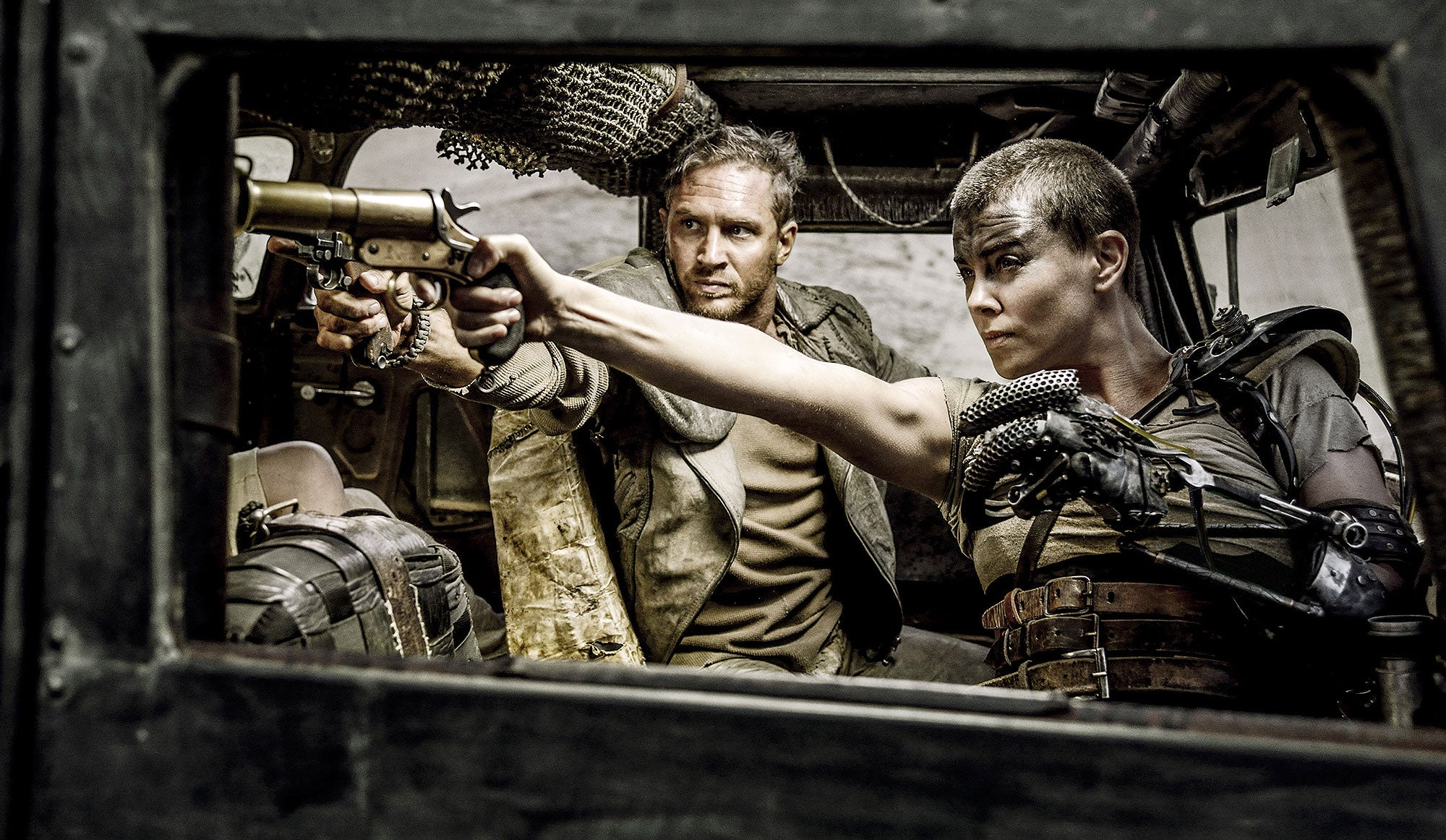Mad Max: Fury Road sequels held up by ongoing court case
Director George Miller claims he is owed money by Warner Bros.

Your support helps us to tell the story
From reproductive rights to climate change to Big Tech, The Independent is on the ground when the story is developing. Whether it's investigating the financials of Elon Musk's pro-Trump PAC or producing our latest documentary, 'The A Word', which shines a light on the American women fighting for reproductive rights, we know how important it is to parse out the facts from the messaging.
At such a critical moment in US history, we need reporters on the ground. Your donation allows us to keep sending journalists to speak to both sides of the story.
The Independent is trusted by Americans across the entire political spectrum. And unlike many other quality news outlets, we choose not to lock Americans out of our reporting and analysis with paywalls. We believe quality journalism should be available to everyone, paid for by those who can afford it.
Your support makes all the difference.Despite being a sequel based on an already successful series, George Miller found Mad Max: Fury Road hugely difficult to make. The director initially conceived the idea for a fourth Mad Max film in 1998, the movie entering development hell and only reaching cinemas in 2015.
After scoring big at the box office and winning six Oscars (along with being nominated for best picture and best director), fans expected there would not be such a large wait for any future sequels, especially because Miller had already told press a script for Mad Max: Furiosa had been completed – the title changing to Mad Max: The Wasteland.
Unfortunately, we may have to wait a few years for the sequel after all as Miller is engaged in a “bitter” court battle with Warner Bros. that threatens the franchise’s future.
Miller’s production company Kennedy Miller Mitchell claims in a document that the Hollywood studio acted in a “high-handed, insulting or reprehensible” manner, according to the Sydney Morning Herald.
In short, Miller’s company was apparently promised a large bonus, $7 million, if Fury Road was completed under the agreed $157 million budget. Miller claims the movie was finished for $154.6 million, while Warner Bros. say Fury Road cost $185.1 million.
The lawsuit further says that Warner Bros. required extended reshoots after Miller handed them a rough cut, the studio approving $31 million worth of reshoots that would be excluded from the movie’s costs.
Conversely, Warner Bros. say they “requested” an alternative ending rather than demanding it, and that Kennedy Miller Mitchell agreed to help fund the reshoots. The studio also say that Miller’s company made changes while filming that led to a delayed production.
The case continues in Australia. Meanwhile, Miller recently spoke about potential sequels for Mad Max, saying: “They're there but that's all I can say. That's in the future.”
Join our commenting forum
Join thought-provoking conversations, follow other Independent readers and see their replies
Comments